This week's best things
Immersive funding, designing a platform for young people, YouTube is 20, new AI stuff from Google Arts & Culture, Microsoft is shutting down Skype, stakeholders, a case study of website carbon reduction, Seb Chan being interviewed, Google's antitrust cases, and PrepperDisk
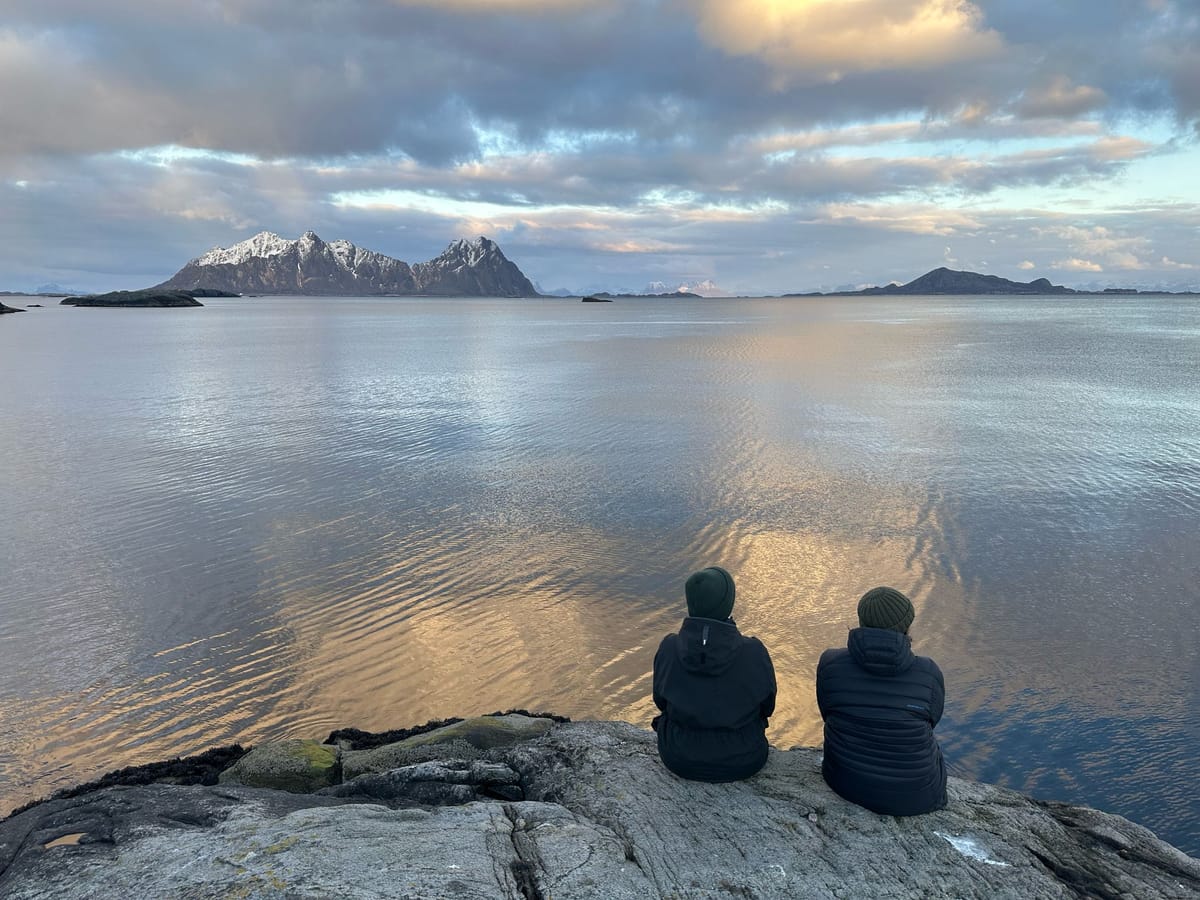
I was taken on a surprise birthday trip to Lofoten last week which was stupendous, the most beautiful place I have ever been to.
While we were wandering around Henningsvær (the location of a very scenic football pitch) we got talking to a woman who moved there 20 years ago. She told us about the work the kids (starting about the age of 7) do cutting the tongues from the discarded cod heads, a delicacy they can sell to earn some pocket money. Apparently it's pretty lucrative, and it turns out there's a documentary about it.
And on that note, here are some more good things...
Over 80 UK Projects Receive Nearly £1.2m in First Funding Round
"Almost £1.2m has been allocated to 83 artist-led projects across the UK in the first round of Immersive Arts funding – a scheme supporting artists of all backgrounds and experience to work with immersive technologies."
It's going to be really interesting to see what kind of work comes out of this funding programme. The delivery consortium is led by UWE Bristol, with the lead hub at Pervasive Media Studio in Bristol, and Watershed as Executive Producer:
"The 83 successful projects will be exploring many different art forms, including dance, theatre, visual arts, music, games, animation, film, sculpture and live art. They will work with a broad range of technologies including virtual, augmented and mixed reality, spatial audio, interactive projections, machine vision, responsive environments, artificial intelligence, haptics and connected textiles."
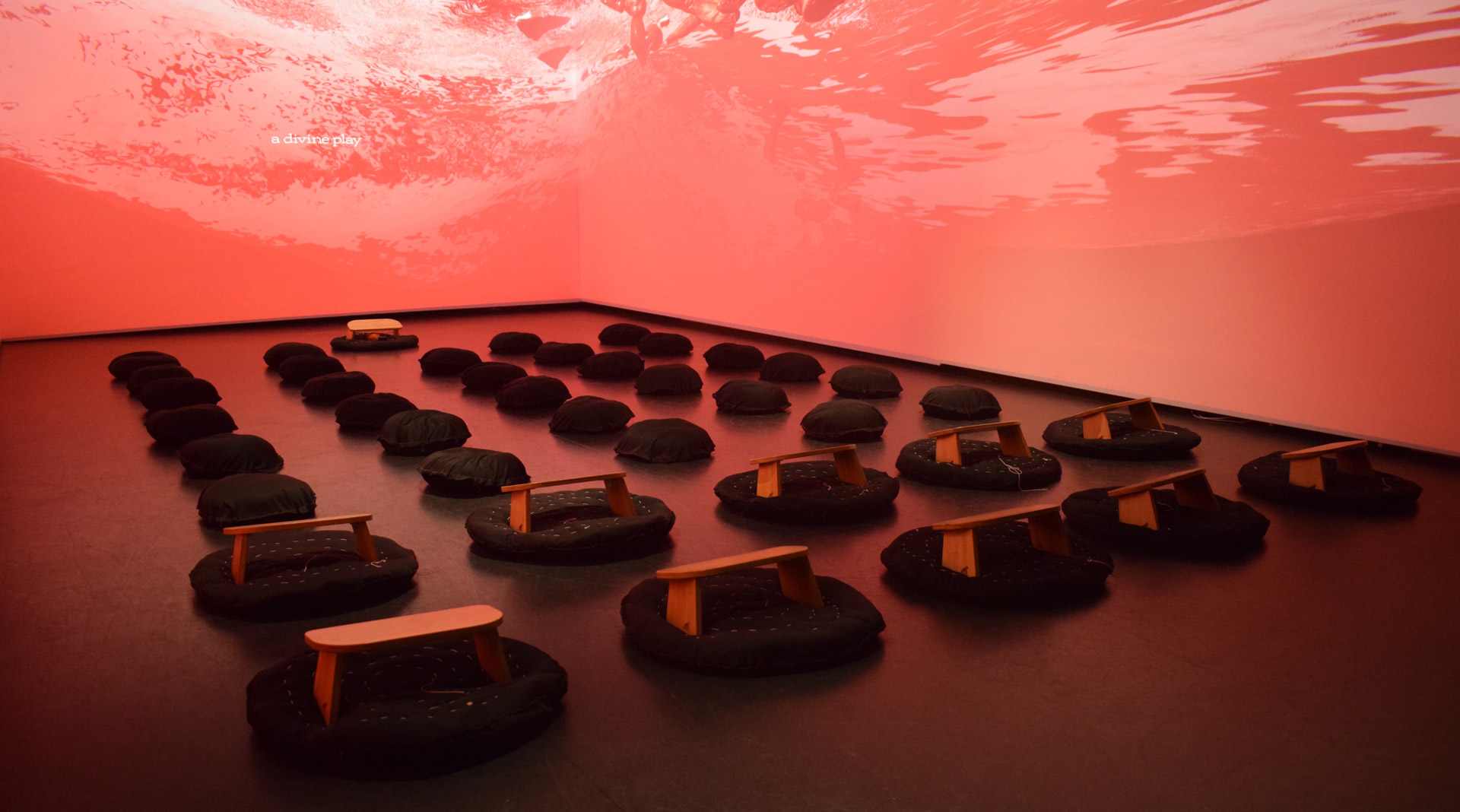
The design of V&A mused
My very talented pal Rebekah Ford has written about the work she did on the V&A's mused platform for young people.
It's a really thorough and useful explanation of the type of work that goes into successful digital initiatives. Lots of user research, robust thinking about service design and content, as well as some really smart design work.
"I started by immersing myself into the minds of 14 year olds. For once, I could legitimately spend time on TikTok and Instagram searching for viral trends, looking at Minecraft, Roblox, Lego, watching TV and online shows, trawl illustration websites for trends aimed at teenagers plus think about what we’d already learnt from user testing and trend spotter reports.
When mapping images I noticed the emergence of a lot of bright colours and vector graphics. The more mature; the less rounded or 3-dimensional. The more entertaining; the brighter the colours. I now had a fundamental idea for what might appeal to young people."
Rebekah is one of the best designers I know, smart, curious, ruthlessly user-focused. She is also hilarious, and if you happen to be at this year's (sold out) Interesting conference she will be doing a talk on 1980s Robotic Dancing, which will be amazing.
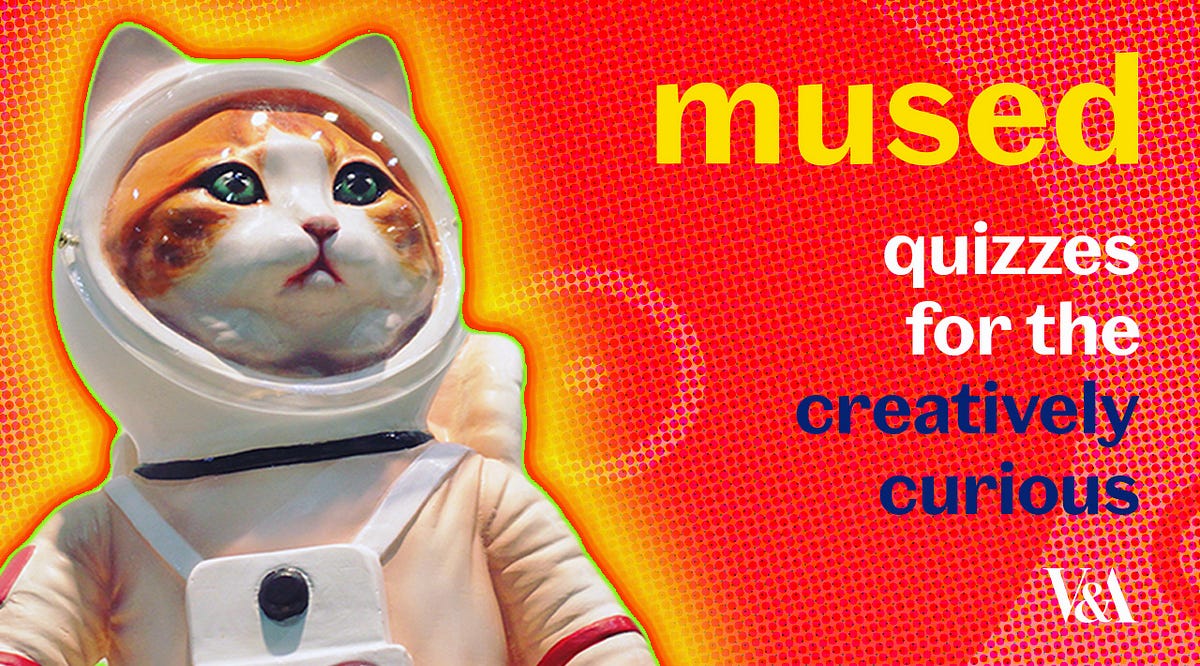
YouTube is everything and everything is YouTube
YouTube is 20. This is an interesting/depressing (delete as applicable) piece in The Verge in which David Pierce talks to a bunch of people who work at YouTube to try and understand exactly what YouTube is after 20 years.
"When I ask Brian Albert, a managing director on YouTube’s advertising team, to explain YouTube to me the way he explains it to clients, he breaks the platform into three separate categories. There’s streaming, the high-end stuff that competes with Netflix and the rest. There’s also social video, in YouTube’s case mostly meaning Shorts, up against TikTok and Reels. And there’s what Albert calls “straight online video,” the kind of creator-led mid- and long-form video you really only find on YouTube. “We have competitors across the board,” Albert said, “but there’s no single competitor who plays in each of those three lanes.”"
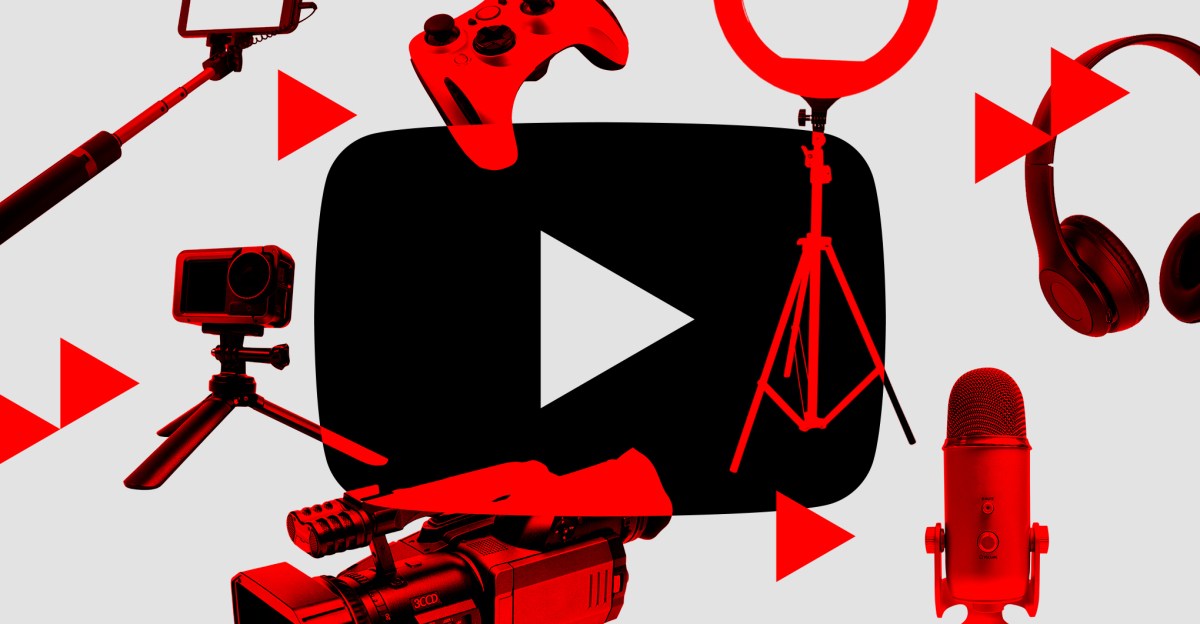
New AI-powered experiments from Google Arts & Culture Artists in Residence
A bunch of playful, useful, and much less-useful things from the team at Google Arts & Culture.
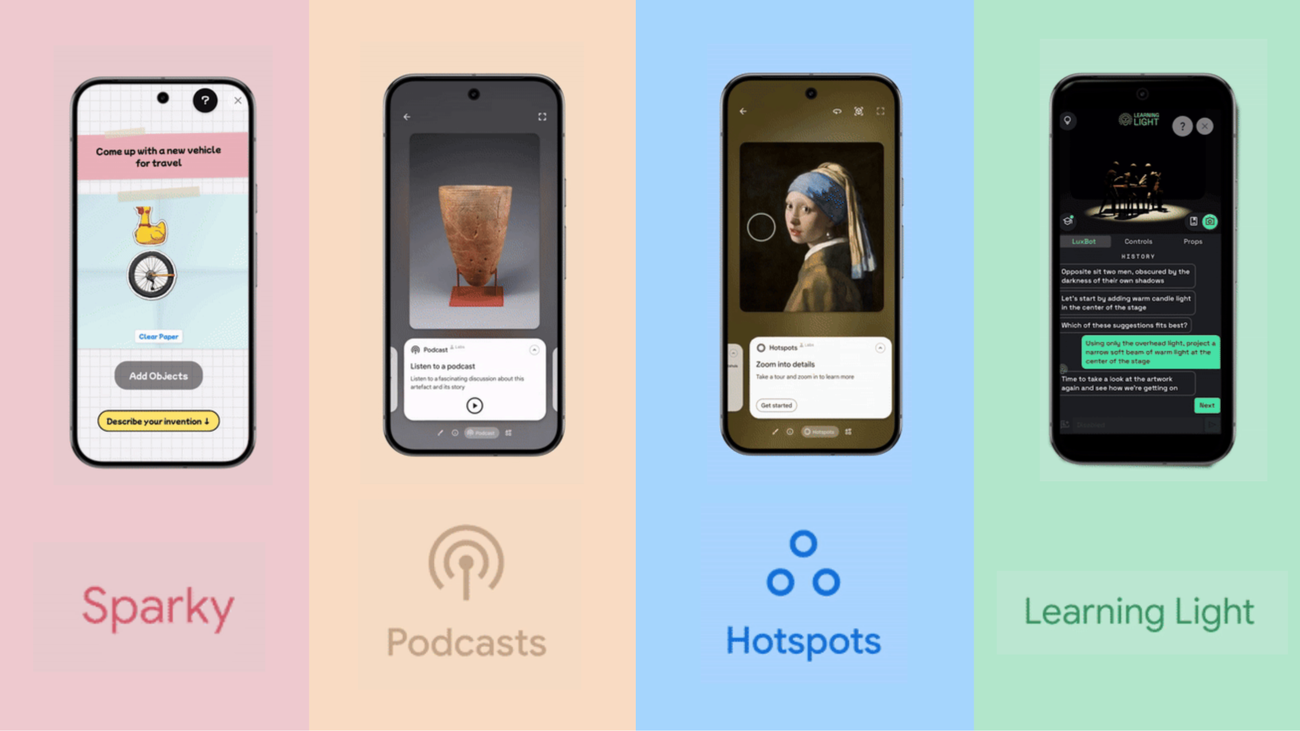
Running great stakeholder interviews for content strategy
More thoughtful, practical advice from the brilliant Lauren Pope. As Lauren says "Your stakeholders can make or break your content. Getting a key stakeholder on-side can send you rocketing to success, while failing to engage or convince them can sink your project without a trace."
I'd say that this is true across a much wider swathe of considerations than only content, so much of the work of really effective digital teams (large and small) is focused on advocacy, engagement, and explanation. Stakeholder interviews can form a useful part of that type of work.
"The ideal time to do stakeholder interviews is right at the beginning of a project, in the discovery phase. That way you can get off to a good start with an overview of perspectives. The other benefit is that you can make sure people feel included and consulted from the start.
In reality though, sometimes this doesn’t happen. In those instances, it’s still worth doing stakeholder interviews, as long as you’re fully prepared to change course based on what you hear. There’s no point asking questions if you’re not going to act on what you learn.
It’s also a great idea to do them when you start a new role, to help you get a better handle on your new colleagues. (And then make them a regular occurrence, so you have uninterrupted time to talk about big picture things that might be ignored in the rush of day to day activity.)"

Microsoft is shutting down Skype. Readers say it changed their lives
In May, Microsoft will shut down Skype, which feels like the end of an era. This article is a bunch of stories about the role that Skype has played in people's lives, connecting families, sustaining relationships, making businesses possible.
"At its peak, Skype had about 300 million users around the world. But it was a product of the desktop era, and as users went mobile, Skype lost its edge to upstarts like WhatsApp and FaceTime. Today, the app is forgotten on most phones and computers, particularly in the West [...]
"When I was moving to Mumbai for my master’s in 2011, my mother and I were worried. How would we see each other? That was the main concern. Seeing the loved one every day, isn’t that the greatest gift? I told her about Skype. I helped her [install it] on her old computer a day before I left. And the next day, we had our first ever online meeting. We saw each other, even though we were miles apart, and we returned to our daily routine. It gave us a sense of control at a point of time when my life and her life were changing and evolving. And I cherish that really and hold it close to my heart.""
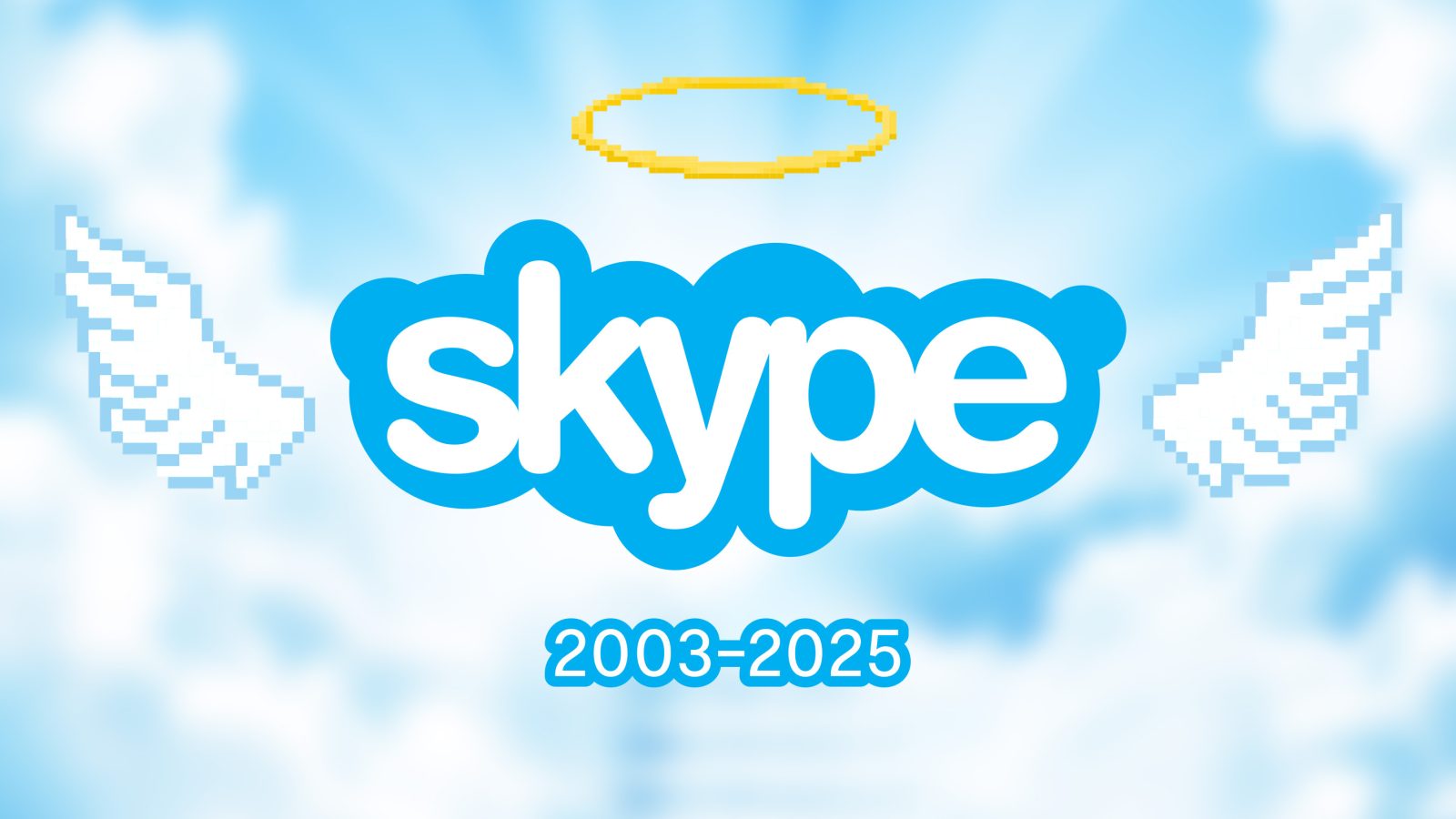
Leading the Way in Website Carbon Reduction. Case Study: National Museums Scotland
A useful case study of the work that National Museums Scotland have done to reduce the carbon footprint of their website. As with a focus on something like accessibility, work in this area improves the website experience for everyone.
"We’ve also streamlined some of our more complex sections of our website – particularly Collections, Schools, and About us – by taking out unnecessary levels in the structure.
Focusing on our most visited areas of the website, we completely reworked the Visit pages, to make user journeys shorter, more efficient and therefore reducing the number of pages per user visit.
Lastly, we deleted well over 400 pages and merged the content of over 140 others. This covers both the elimination of broken content and incorrect, out-of-date, or unnecessary information, as well as the retiring, archiving, or reworking of collections story content."
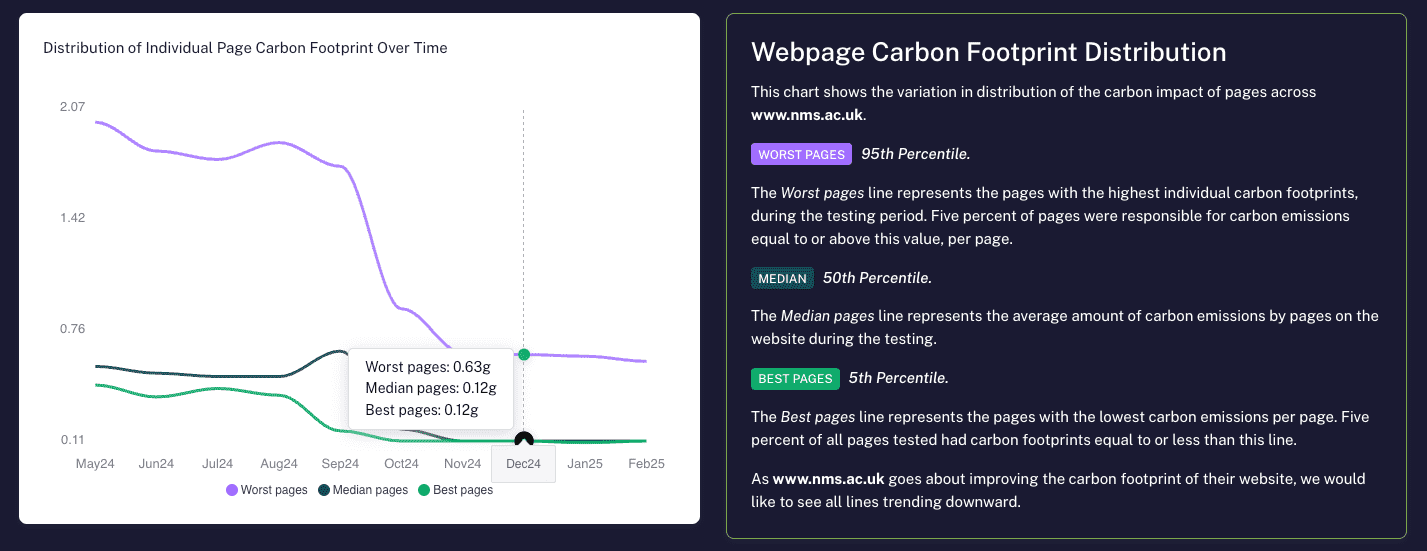
Whats Next for Technology, Culture, and Museums
Seb Chan was recently interviewed by Michael John Gorman, the director of the MIT Museum, here's a video of that.
They talked about a lot including the history of technology in museums (and the role that libraries played in that adoption), exhibition and experience design (with a particular focus on how museum spaces can foster social interactions), digital preservation, digital transformation, AI, innovation, and loads more.
As ever, Seb offers a thoughtful, playful, and compelling perspective on these things.
Google may be on the brink of a breakup
Google and Meta are both currently being dragged through the courts by the US government (amongst others). In the past this hasn't resulted in too much actually happening but recent decisions against Google may indicate that's changing.
Google is currently facing two antitrust cases in the USA, one focused on search and one on advertising (for Google the first accounts for much of its userbase, and the second for most of its revenue).
Casey Newton's reporting on the cases is worth following.
"I was somewhat surprised that Google had lost the search monopoly case. But I always expected it would lose the ad monopoly case: it has been clear for at least a decade that Google dominates the online advertising market, particularly the part of it that publishers depend on to host ads on their sites. [...]
Google tells me it intends to fight both the search and the ads cases all the way to the end, as you would expect. And it has won victories along the way, gradually whittling away at the cases’ scope.
At the same time, the two cases collectively represent the most consequential antitrust losses in the consumer tech industry since the United States. vs. Microsoft in 2001. The company now faces the possible forced divestiture of Chrome and the breakup of the advertising engine that generates the bulk of Google’s profits. The government has also suggested that it may be necessary to force the sale of Android.
It is unlikely the government will achieve all of that. But I’m increasingly convinced it will achieve something. Changes are coming to search, and search advertising, at the precise moment that a new crop of AI-powered competitors appear poised to take advantage. Google remains too big, and too smart, for the proposed changes to disrupt its place at the center of the tech ecosystem. But for the first time in a long time, and despite its best efforts, that ecosystem is growing — and now finally, one way or another, Google is going to have to compete with them. "
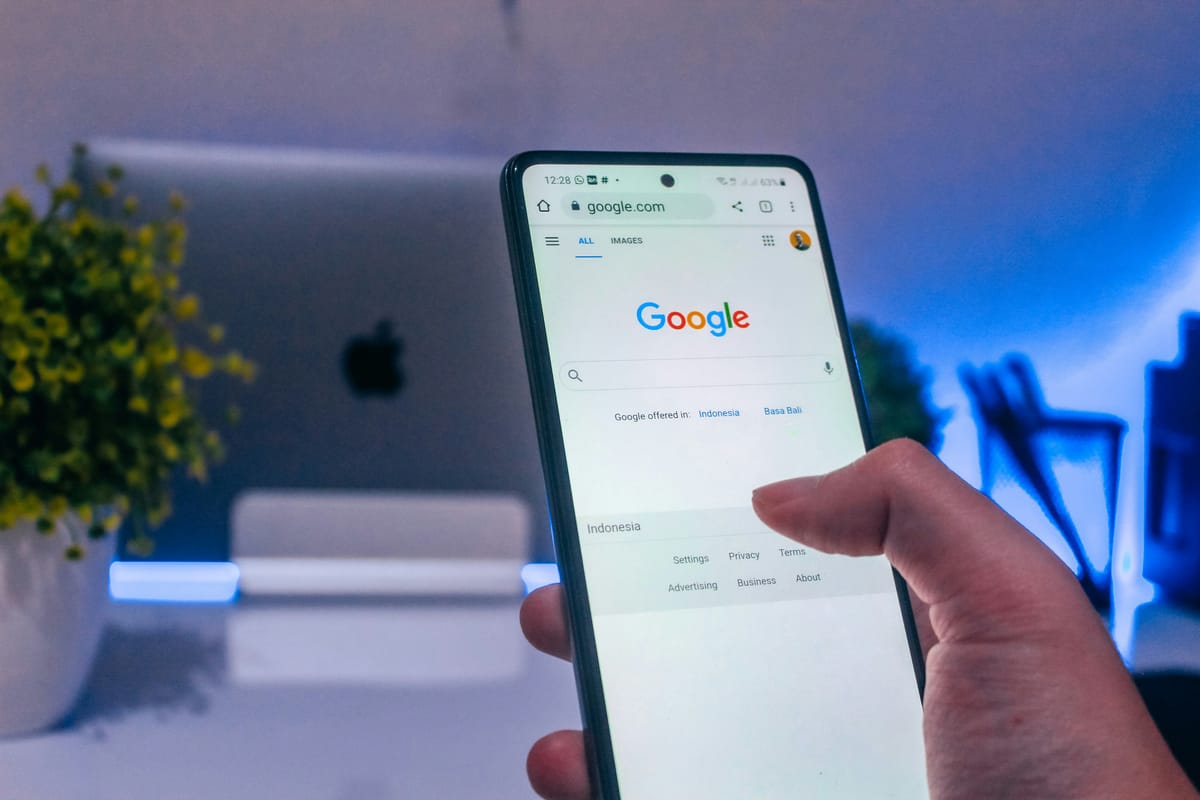
Sales of Hard Drives for the End of the World Boom Under Trump
A slightly depressing tech-related news story that coincides with the Trump presidency.
A boom in sales of 'PrepperDisk'.
"I was interested in PrepperDisk because I care about data hoarding and archiving more broadly, but I wanted to talk to Chace after it became clear that a lot of his sales seemed to be a direct result of Trump being elected president.
“Sales increased dramatically in the early part of the new administration as economic uncertainty and even uncertainty about government data prevailed,” Chace told me. “Elon Musk is pulling data off of federal websites, and we want to make sure people realize is like, ‘Hey, this might have a use case even when the internet itself remains up, but there might be political reasons why that data isn’t available.” "
There is maybe an interesting institutional set of considerations wrapped up in this, how do memory institutions persist through turbulent times, and what might the digital layer of that look like.
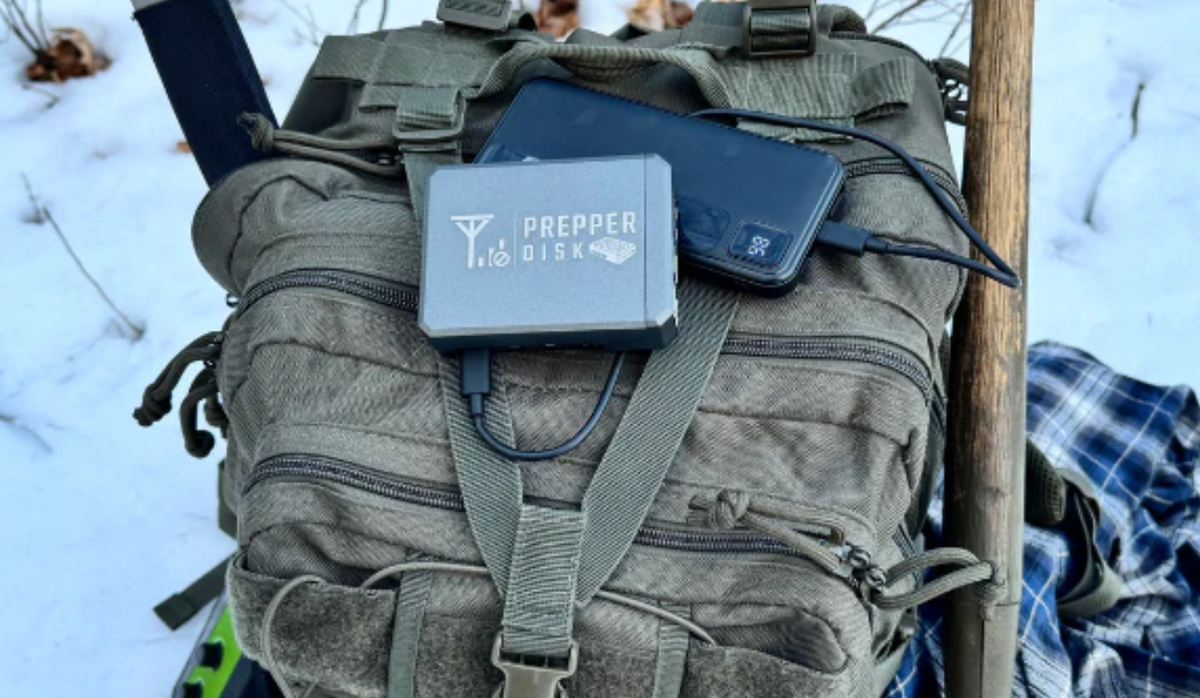
Vacancies
This week's consumption
I'm halfway through The Poisonwood Bible by Barbara Kingsolver which is very good.
I'm also reading Adapt: Why Success Always Starts with Failure by Tim Harford which contains lots of stuff on the value of (learning from) failure. Useful and interesting in the context of the digital failure work I'm doing at the moment.
The whole of Nick Cave and the Bad Seeds recent(ish) concert performance in Paris is available to watch on Arte's YouTube channel, we saw them earlier on the same tour (in Copenhagen) and it was an amazing show.
See you next week
Thanks for reading all the way to the end. If you're having a bad day, why not visit The Nicest Place on the Internet.
To finish, a quick reminder that I'm a consultant who helps cultural organisations do better digital work - if it sounds like I could be useful, then let's chat.








